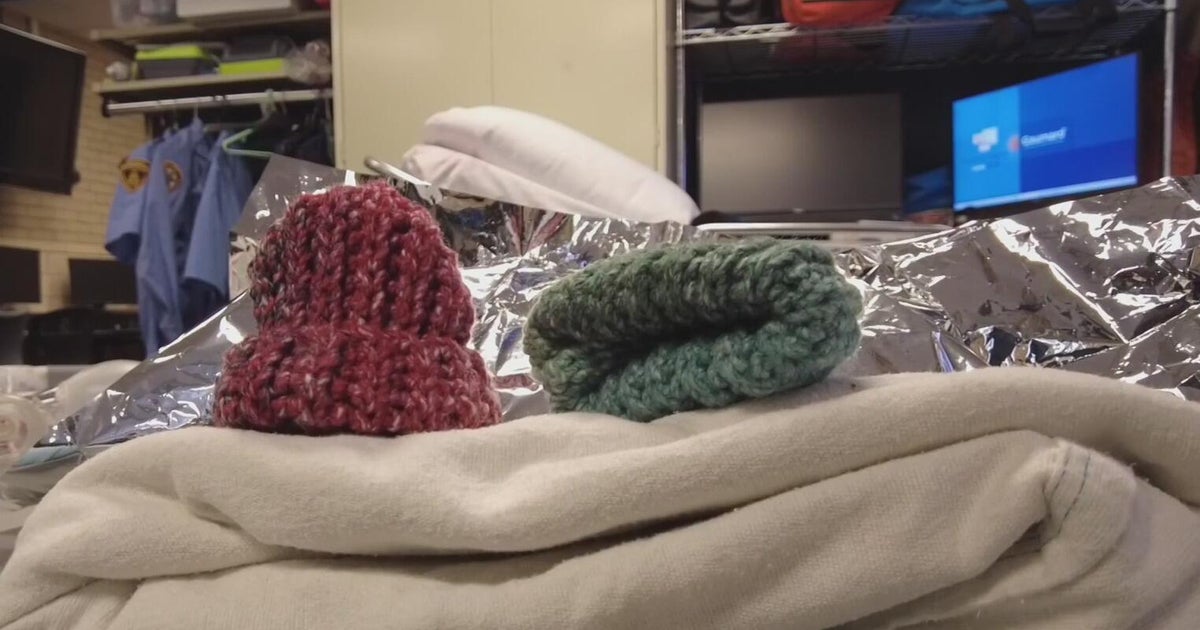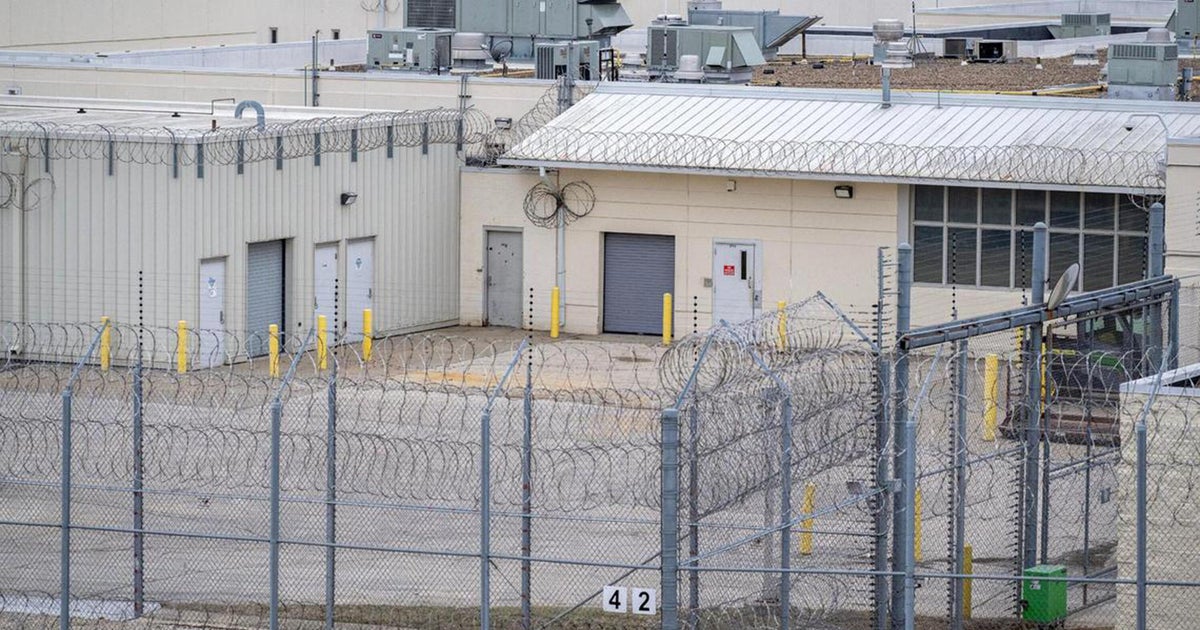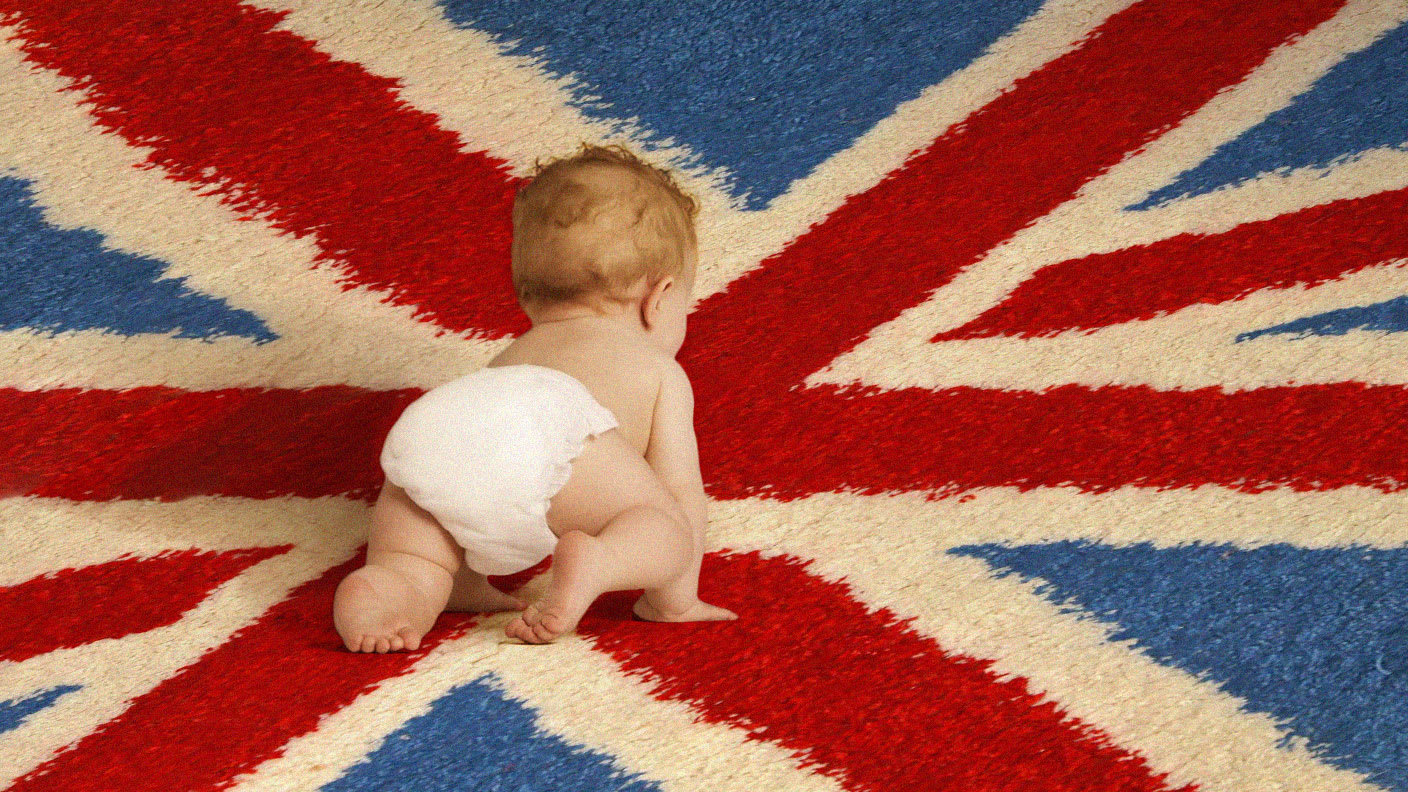The COVID baby boom is looking more like a baby bust
Update: This article has been updated with additional states reporting recent birth data.
When the pandemic first took hold in the U.S., many joked that widespread lockdowns would spark a "baby boom" and sky-high birth rates. But nearly a year later, the opposite appears to be true.
Provisional birth rate data provided to CBS News by 29 state health departments shows a roughly 7.3% decline in births in December 2020, nine months after COVID-19 was declared a pandemic by the World Health Organization. California, the most populous state, reported a 10.2% decline, falling to 32,910 births in December from 36,651 the year prior. In the same time frame, births declined by 30.4% in Hawaii.
While birth rates have been falling for nearly a decade, Phil Cohen, a sociologist at the University of Maryland, said December's drop was the biggest he's seen since the baby boom ended in 1964.
"The scale of this is really large," Cohen said in a telephone interview with CBS News. "Regardless of whether you think it's good or bad to have a lot of children, the fact that we're suddenly having fewer means things are not going well for a lot of people."
As more states report birth data, the rate of decline could change. Texas, which accounts for nearly 9% of the U.S. population, won't have December data until the end of March. Birth rate data for New York, the fourth-most populated state, was only available through 2018.
"We don't know if it's the beginning of a bigger decline over the whole next year or if it's just a shock from March," Cohen said. "But I'm more inclined based on history to think that all of next year is going to be very much down for births."
In June, the Brookings Institution speculated the pandemic would lead to 300,000 to 500,000 fewer births in 2021, citing "tremendous economic loss, uncertainty, and insecurity." The think tank later revised the forecast to 300,000 due to "a labor market that improved somewhat more quickly than we anticipated" but noted that new issues like widespread school and day care closures could also lead to fewer births.
Among the 32 states that had annual data available, there were about 95,000 fewer births in 2020 compared to the year prior, a roughly 4.4% decline, according to data compiled by CBS News. Every state reported a drop with the exception of New Hampshire, which reported four additional births in 2020 compared to 2019.
The initial data is in line with a survey conducted early in the pandemic by the Guttmacher Institute, a reproductive health research group. The survey, published in May, found that about a third of women said they were delaying pregnancy or wanted fewer children because of the pandemic.
"What we're seeing now is those attitudes playing out in their actual behaviors," said Laura Lindberg, the principal research scientist at Guttmacher who authored the study.
Turbulent economic conditions and weak labor markets have historically led to declines in birth rates. But Lindberg says the drop stemming from the pandemic is much larger than what would ordinarily be expected; in the wake of the Great Recession, birth rates only fell by about 3%.
"The impact of COVID on our lives is unprecedented and it's far from over right now," Lindberg said in a telephone interview with CBS News. "Until people feel more confident about the economy and the state of the world, concerns about having children are going to continue."



